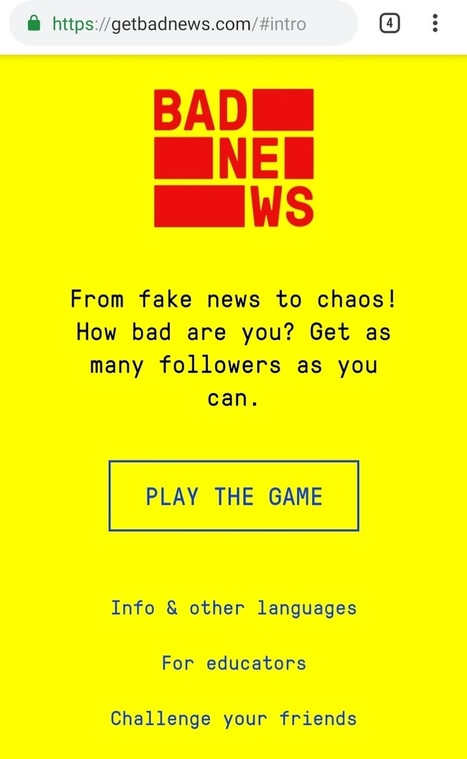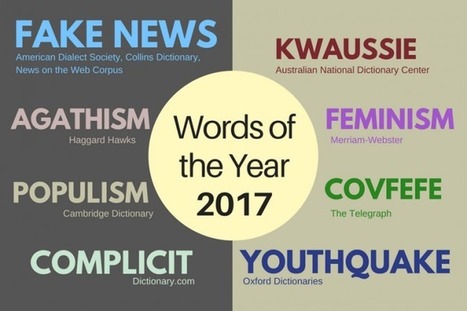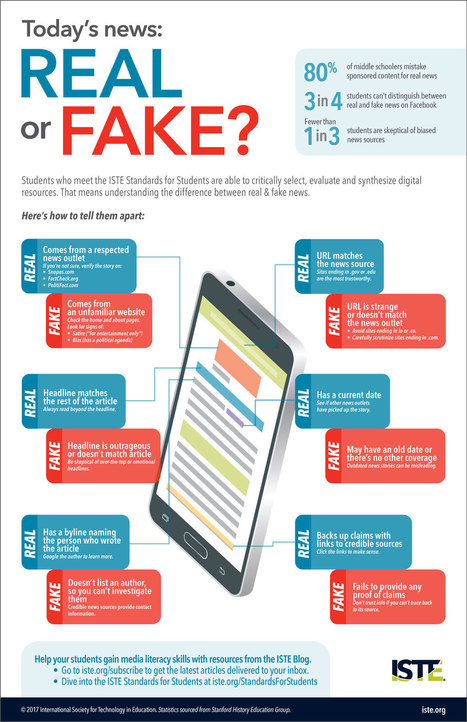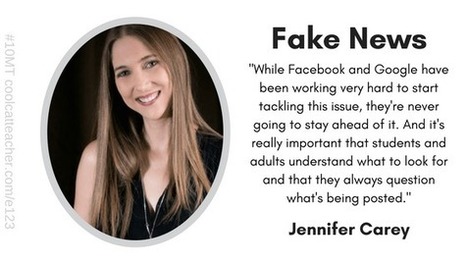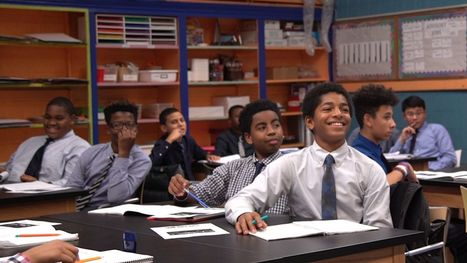A few years ago I came home from a workshop at the University of Victoria on the topic of games for education (or gamification) and saw my son Matthew playing an interesting web-based game at our kitchen computer. Matthew appeared to be saving the world from the spread of disease. Having just been emersed in the ins and outs of game mechanics and game goals all day long, I looked over his shoulder to see if I could figure out the “mechanics” of the game he was playing. It didn’t take me long to realize that the game Pandemic was not about saving the world from disease, but the goal of the game was to engineer a biological weapon to overwhelm the world with disease! After getting over the shock of that realization, the truly interesting aspect of the game for me became how engaging it was for my son to play.
Via Elizabeth E Charles, Yashy Tohsaku



 Your new post is loading...
Your new post is loading...

